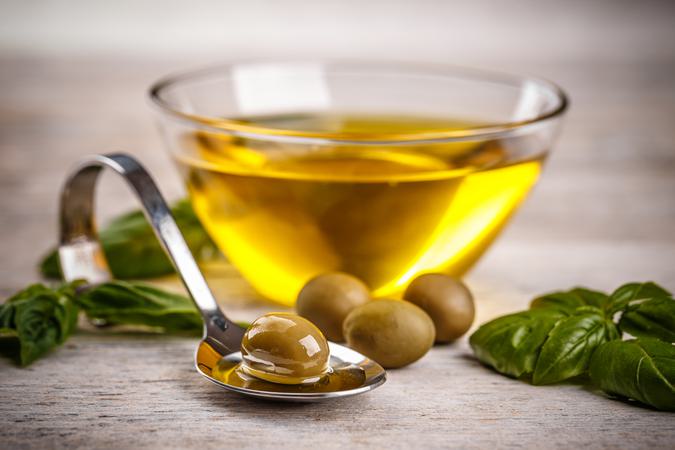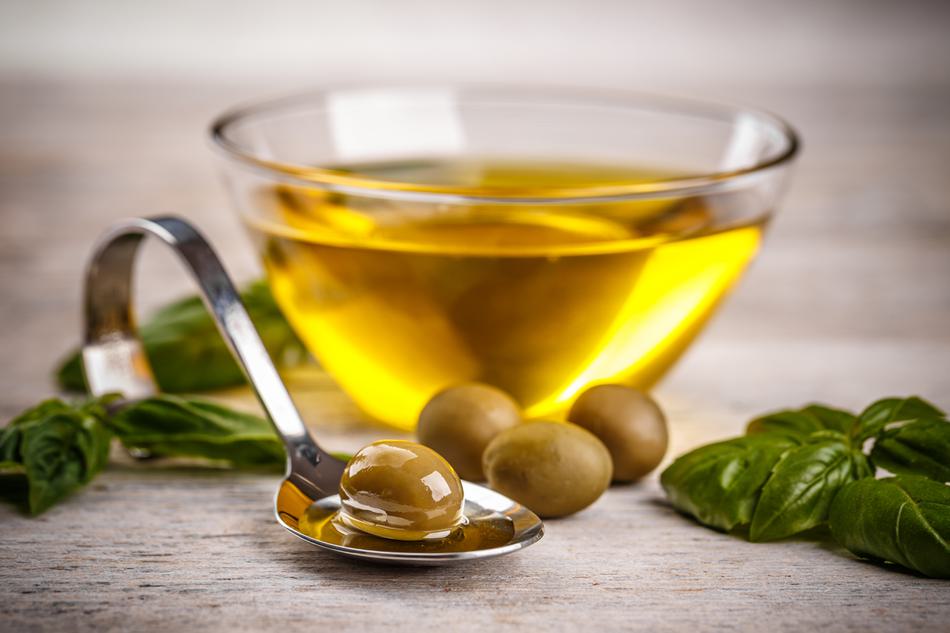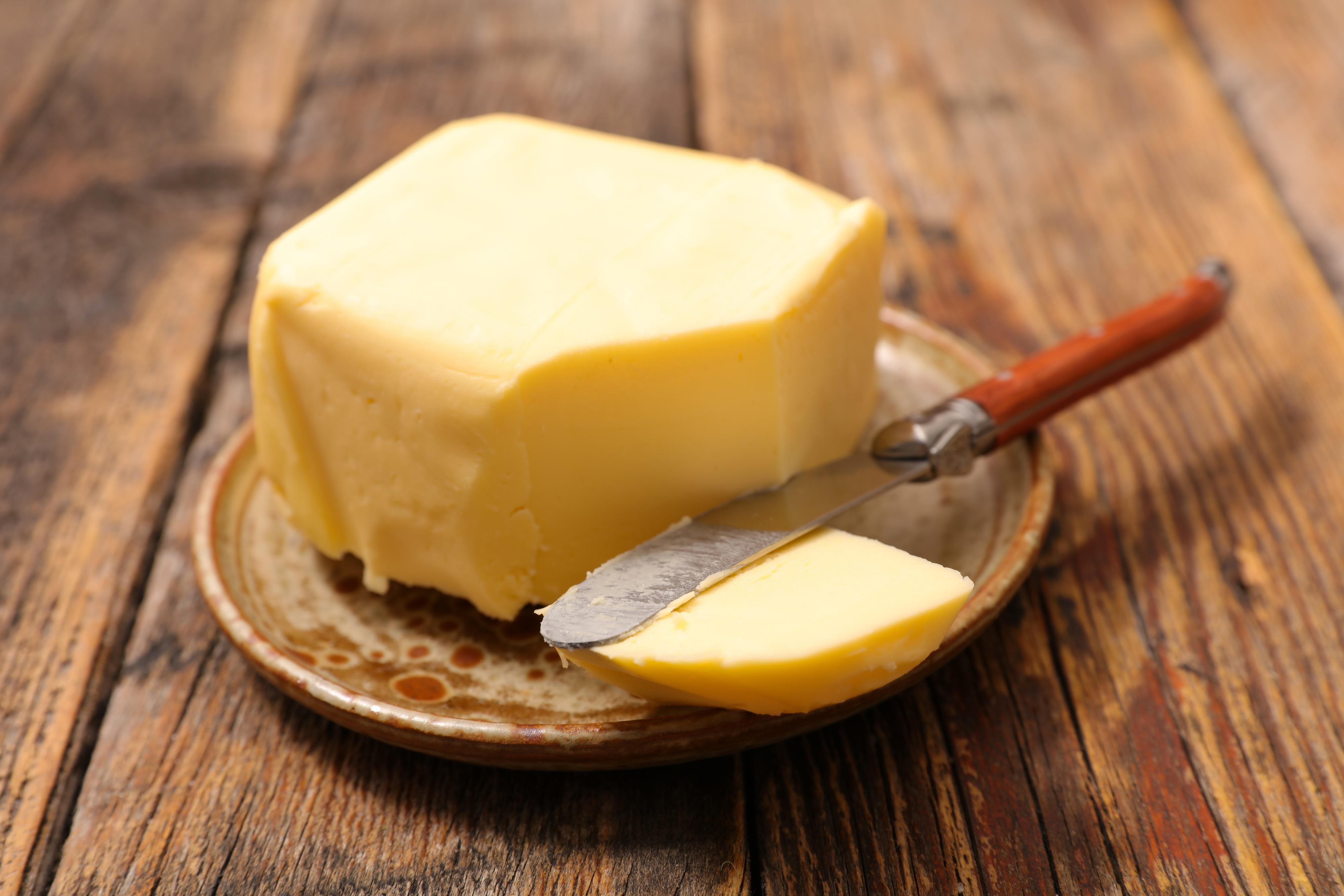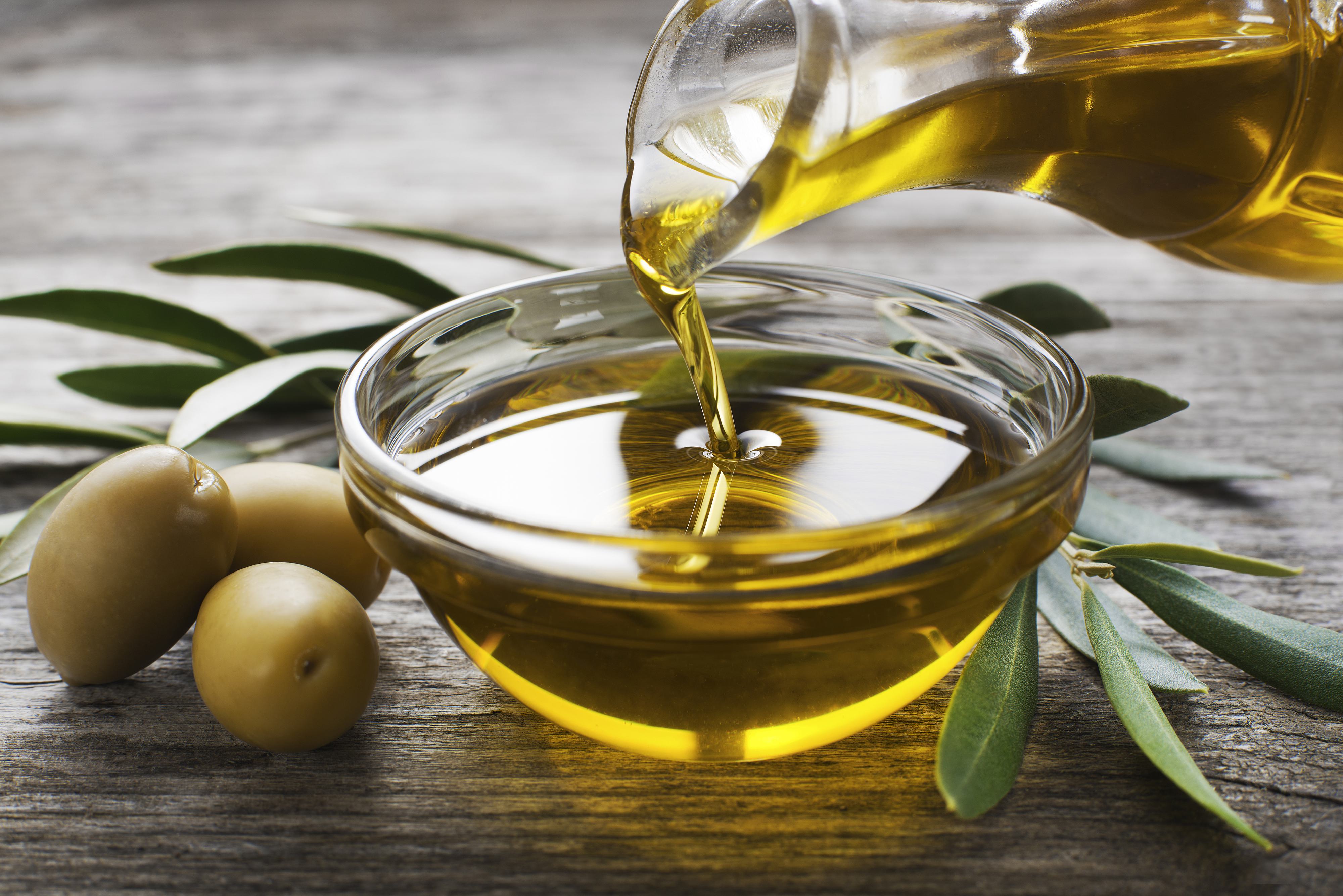


 We always ask this question when considering substituting ingredients for other ingredients. The key to successful substitutions, especially in baking, is to ensure that the new ingredients serve the same purpose as the ones that the recipe actually calls for--and does not serve any additional, unwanted purposes. Butter and oil both serve to add moisture to recipes, keep ingredients from sticking to each other (or the pan), and contribute to a baked goods end texture. Though they have these things in common, butter and oil are different, so they go about each purpose differently.
Butter owes its name to its particular fatty acid, known as butyric acid. This is one of the fatty acids that predominantly contributes to the texture and mouthfeel of your recipe differently than oils. The amount that a pastry will rise is typically proportional to the amount of solid fat in it, so the butter can help determine the levity of the end product. Butter also melts very evenly and helps absorb flavors around it, so this can help with the even distribution of various flavors in your recipe. Not to mention, butter has a delicious taste to it and can add that nice flavor to any recipe that uses it. When trying to substitute a cup of oil for a cup of butter, it is important to pay attention to which of these attributes oil can also provide, as well as which ones you may not be able to get from oil. Sometimes you can make up for missing links in other ways, or you may just need to use a different butter substitute in some recipes.
We always ask this question when considering substituting ingredients for other ingredients. The key to successful substitutions, especially in baking, is to ensure that the new ingredients serve the same purpose as the ones that the recipe actually calls for--and does not serve any additional, unwanted purposes. Butter and oil both serve to add moisture to recipes, keep ingredients from sticking to each other (or the pan), and contribute to a baked goods end texture. Though they have these things in common, butter and oil are different, so they go about each purpose differently.
Butter owes its name to its particular fatty acid, known as butyric acid. This is one of the fatty acids that predominantly contributes to the texture and mouthfeel of your recipe differently than oils. The amount that a pastry will rise is typically proportional to the amount of solid fat in it, so the butter can help determine the levity of the end product. Butter also melts very evenly and helps absorb flavors around it, so this can help with the even distribution of various flavors in your recipe. Not to mention, butter has a delicious taste to it and can add that nice flavor to any recipe that uses it. When trying to substitute a cup of oil for a cup of butter, it is important to pay attention to which of these attributes oil can also provide, as well as which ones you may not be able to get from oil. Sometimes you can make up for missing links in other ways, or you may just need to use a different butter substitute in some recipes.
 The differences between butter and oil are what make this substitution possible, but they are also what makes it a little tricky. For one, butter has ton of tiny air bubbles that help it keep its shape, whereas oil is a more compact liquid. If you can imagine the difference between mixing or heating butter or oil, then this will make more sense: you can mix butter to become a creamy substance, whereas oil is tougher to change from its original state, and heat simply vaporizes it in many cases. These two ingredients also taste different--your oils will likely taste similar to what they were made from, whereas butter has a specifically savory taste that we all know and love. This makes butter ideal for pies and crusts, where the butter flavor adds to the rest of the ingredients flavor profiles. On the other hand, oil is more ideal for moist, tender recipes like thick cakes, and can be used to complement different flavor profiles, like with coconut oil!
The differences between butter and oil are what make this substitution possible, but they are also what makes it a little tricky. For one, butter has ton of tiny air bubbles that help it keep its shape, whereas oil is a more compact liquid. If you can imagine the difference between mixing or heating butter or oil, then this will make more sense: you can mix butter to become a creamy substance, whereas oil is tougher to change from its original state, and heat simply vaporizes it in many cases. These two ingredients also taste different--your oils will likely taste similar to what they were made from, whereas butter has a specifically savory taste that we all know and love. This makes butter ideal for pies and crusts, where the butter flavor adds to the rest of the ingredients flavor profiles. On the other hand, oil is more ideal for moist, tender recipes like thick cakes, and can be used to complement different flavor profiles, like with coconut oil!